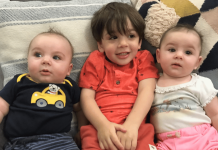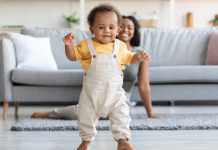As parents, we have to have all of the awkward conversations with our kids.
Sex.
Drugs.
Alcohol.
Peer Pressure.
Mental Health.
Bullying.
Gun Violence.
Technology and Social Media.
And we need to start these conversations young.

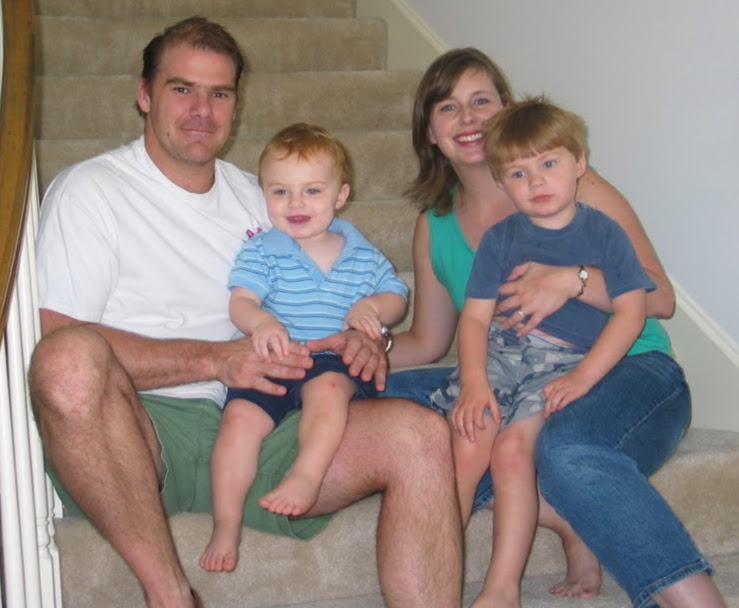
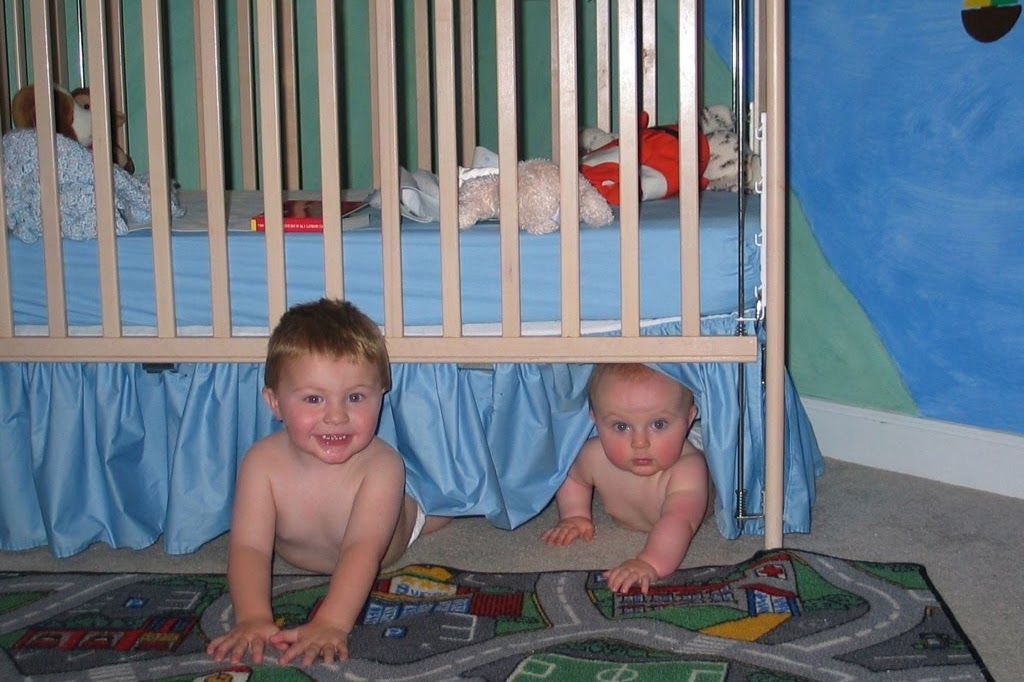
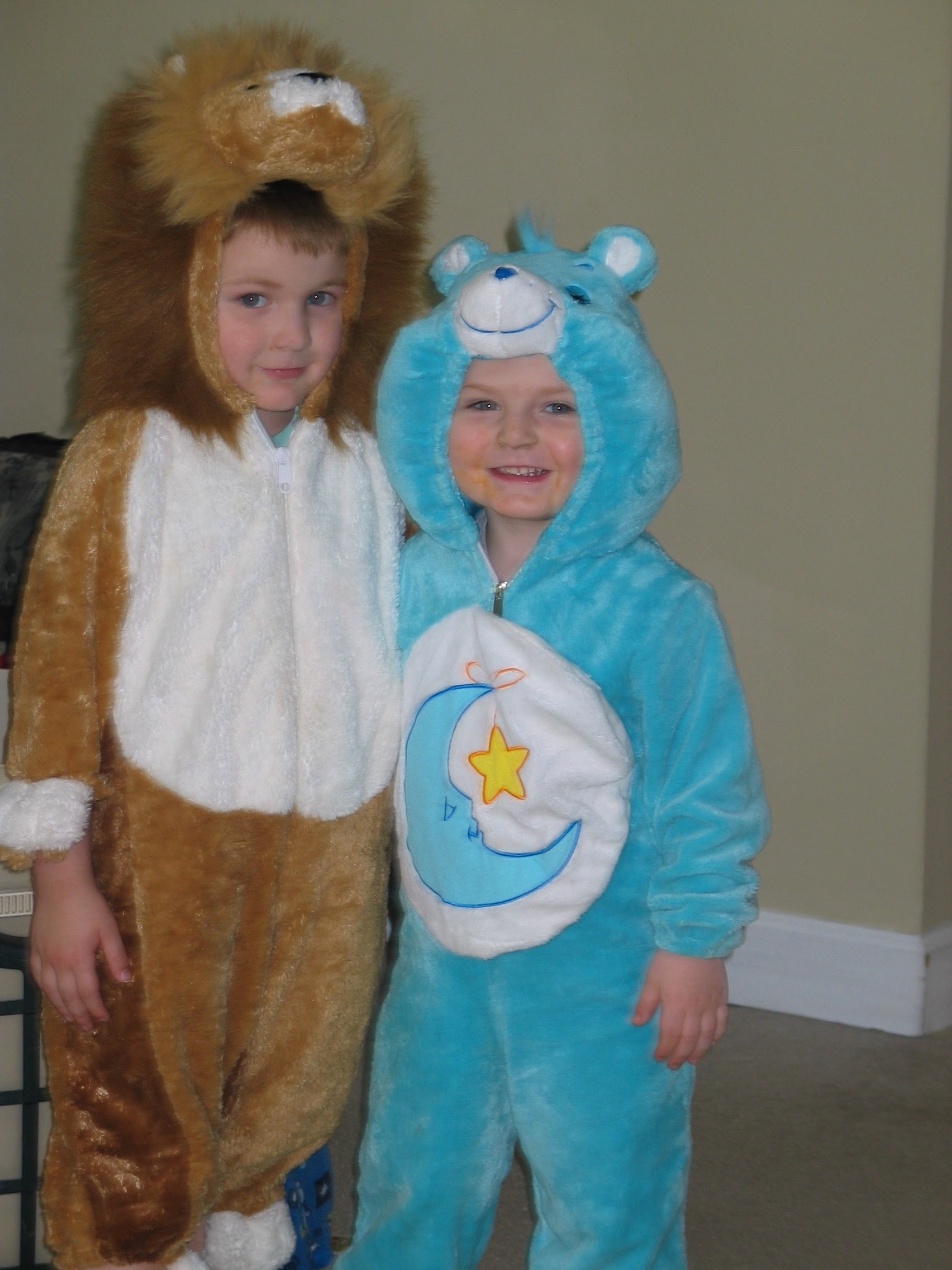
As parents, we need to have all of the awkward conversations with ourselves and with our partners. And we need to start having them even earlier.
As soon as we have kids, that’s the time to start thinking and having general talks with our partners: what will we do?
- What will we do when our child gets their first phone? How old will they have to be for us to be comfortable allowing social media? What will we do when they access apps that we have restricted? Will we track our child? Monitor their online usage? How will we keep them safe online?
- What will we do when our child starts dating? What advice will we give? What curfews and limits will we impose? What will we do when our child is interested in someone we don’t like or approve of?
- What will we do when our child starts going to parties and hanging out with friends? What are our expectations surrounding alcohol? Drugs? Vaping? What consequences do we think are appropriate if / when they ignore our expectations?
Set expectations for yourselves. Do research. If you and your partner don’t agree on how you’d handle some of these issues, talk, talk, and talk some more.
Then, periodically, revisit these topics. As your child gets older, circle back and see how your views may have changed. This isn’t something to obsess over or to continually focus on, just something to consider. What you think you will do when your child is a toddler is likely nothing like what you’ll actually do once they’re in high school. But by the time they’re teens, you’ll have thought about it and talked about it. You’re less likely to be caught paralyzed later by, “I never even imagined this could happen.”
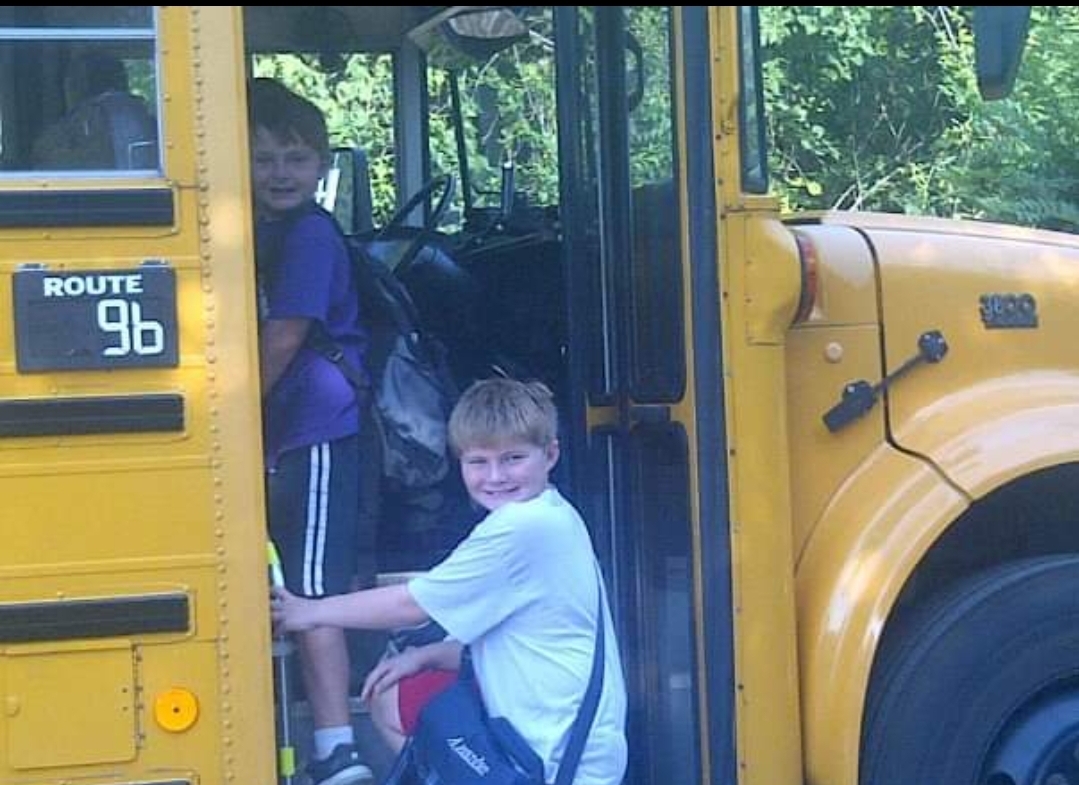
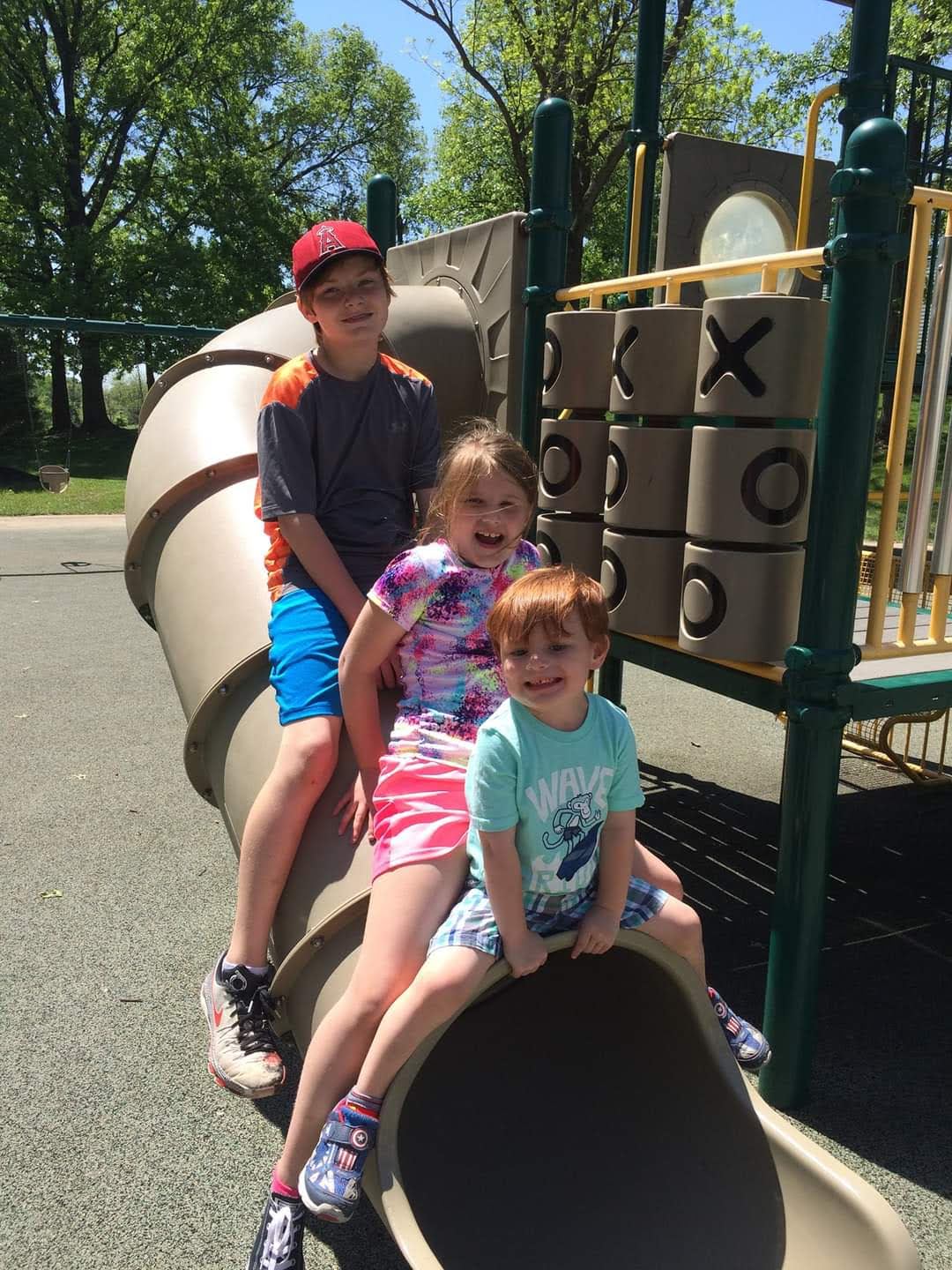
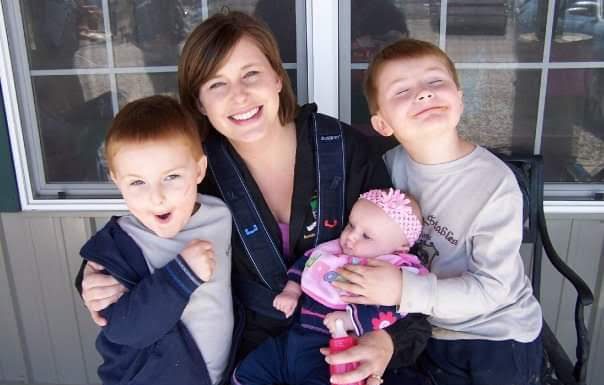
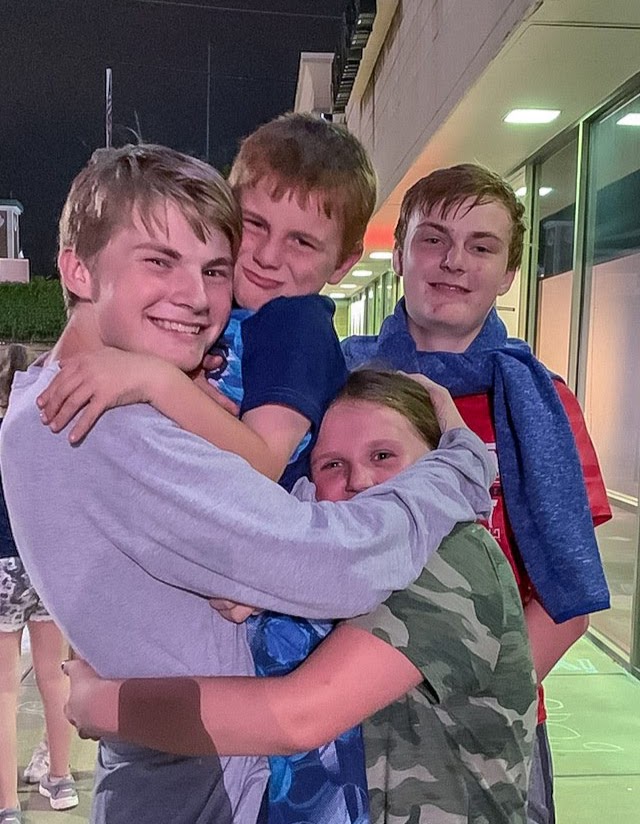
Have the really awkward conversations before the need ever arises with each other, and as appropriate, with your kids:
What will we do if our child comes home drunk? What if they drove?
How will we keep our kids safe from strangers online?
How will we handle it if inappropriate pictures of our child are circulating?
Will our college-aged children have curfews when they come home, and what if they want a significant other to spend the night at our house?
What will we do if we find vaping or drug paraphernalia in our child’s backpack or room?
What if our child is bullied? What if our child is bullying others?
Should we search our kids’ rooms and personal spaces when they aren’t home or do we believe that’s an invasion of privacy?
What if our child is sneaking around to see friends that we don’t approve of them being around?
How will we handle it if our child gets pregnant / gets someone pregnant?
And, maybe the most important question of all … does our child know they can come to us if ANY of the above happens? Do they know that whatever anger, fear, or disappointment they’re afraid of in our reactions, that love, support, and understanding will also be there? If you’ve talked about the heavy stuff, and let them know they can come to you, they won’t have to wonder whether they can or should.
This is the time to mention that there is a difference between parenting out of fear, and parenting aware. Parenting out of fear involves wrapping our children in theoretical bubble wrap, overseeing or restricting their every move, and assuming we can jump in front of every danger, keeping our kids from stumbling. This does nothing but make our kids ill prepared to handle life. Parenting aware involves understanding that our kids will face challenges, they will have to make hard decisions, and we need to be prepared for anything. It’s the difference between having a fire extinguisher and a safety plan that we discuss and practice with our kids, and never letting our kids be in a situation where fire will be present.
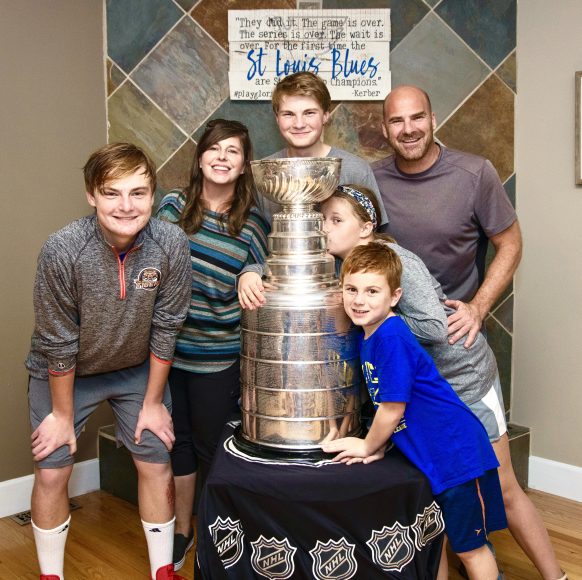


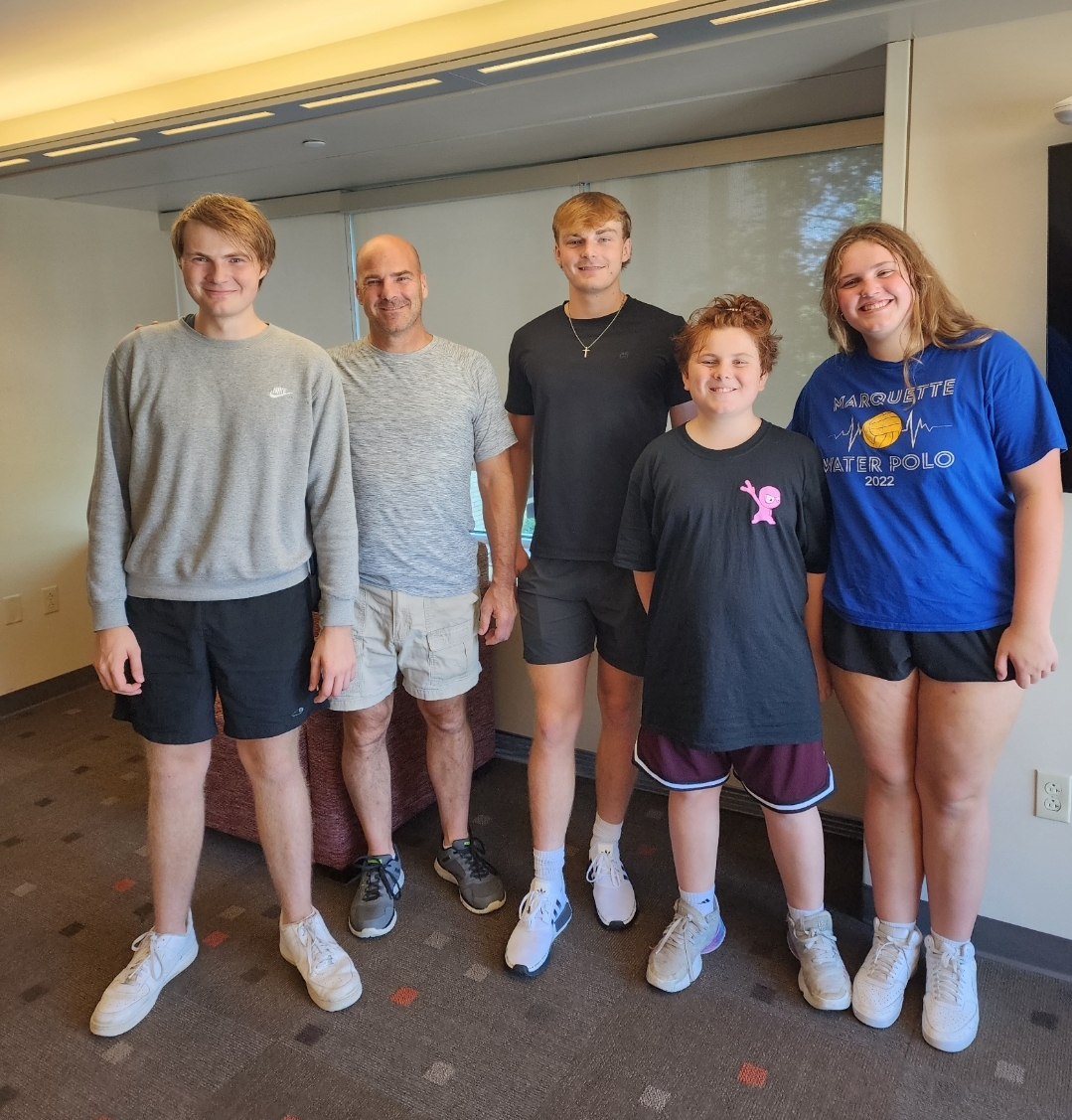
There are more scenarios than you could ever prepare for, and it is so hard to have these conversations when your children are still young, naive, and inexperienced. It is such a stretch to imagine them ever being in any of these “what if” situations. But that’s exactly when these conversations need to start. BEFORE. I promise you: they will get there sooner than you would like, they will make choices that you may not expect, and they will face situations you never experienced, and you need to be ready.
BEFORE is the time to discover that you and your partner have opposing views on how to handle the big stuff.
BEFORE is the time to get on the same page.
You can’t always protect your children, and you can’t always predict how you’d handle specific situations, but get comfortable being uncomfortable. Attack the hard stuff with logic and reason at a time when emotions aren’t running high.
Talk early, talk often.



